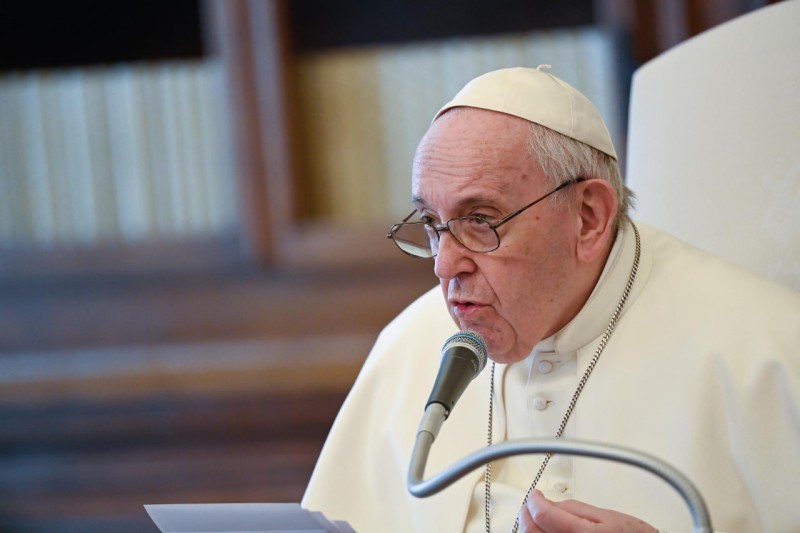Pope Francis on January 19, provided his nulla osta to the 2021 Vatican budget, proposed by the Secretariat for the Economy and approved Tuesday, February 16th, by the Council for the Economy.
With total revenues of € 260.4M and expenses of € 310.1M, the Holy See expects a deficit of € 49.7M in 2021, heavily impacted by the economic crisis generated by the COVID-19 pandemic.
Despite the heavy economic impact created by the Covid-19 pandemic, employment security continues to be a priority for Pope Francis amid these trying times, according to Vatican News.
For the first time, with the objective of providing more visibility and transparency to the economic transactions of the Holy See – as repeatedly requested by the Holy Father, the 2021 Vatican budget is consolidating St. Peter’s Pence Fund (Obolo) and all dedicated Funds. With incomes of € 47.3M and grants of € 17M, the Holy See expects a net balance of € 30.3M from those items.
Excluding Peter’s Pence and the dedicated funds, the deficit of the Holy See would be € 80M in 2021. Operating Incomes decreased by 21 percent (€ 48M) compared with 2019, driven by a reduction in Commercial, Services, and Real Estate activities, as well as Donations and Contributions. The budget also reflects a significant effort on cost containment, with Operating Expenses – excluding personnel costs, going down by 14 percent (€ 24M) compared to 2019. Employment security continues to be a priority for the Holy Father in these difficult times.
Consistent with its mission, the majority of the resources of the Holy See in 2021 will be dedicated to sustaining its Apostolic activities, with 68 percent of the total expenses, while 17 percent are allocated to the management of the patrimony and other assets, and 15 percent to administration and service activities.
If the level of donations remains as expected, the deficit will be settled with part of the reserves of the Holy See.










